Due to the high status of Faiz Ahmed Faiz as a poet, his identity as a journalist could not be revealed in the true sense. This aspect of his multi-faceted personality remained suppressed while he was the Editor-in-Chief of Pakistan Times at a crucial juncture in history and the important services he rendered in this capacity cannot be underestimated.
In this article, we have tried to shed light on the time of Faiz's affiliation with Pakistan Times, through which glimpses of a memorable era can be seen.
How can I run such a large leaflet?
The news of Faiz Ahmed Faiz becoming the editor of Pakistan Times surprised everyone because he had no experience in practical journalism and according to Faiz himself, he did not even know the ABC of journalism.
Leading progressive journalist and intellectual Abdullah Malik has written in his book "Old parties are being remembered" that his name for the editor may have been suggested by Sajjad Zaheer. Mian Iftikhar-ud-Din also considered a few other names but the lot was drawn in favor of Faiz.
When Mian Iftikhar-ud-Din made this offer to Faiz in Delhi, he said: 'Mian Sahib, you are doing a great job. I never stepped into journalism. How can I run such a large leaflet? I'm sorry, Dad.
Faiz worked diligently but Mian Iftikhar-ud-Din persuaded him to become the editor-in-chief. He was released from the army where his salary was 25 hundred rupees.
One thousand celebrities were appointed in Pakistan Times. Desmond Young, an English journalist, was hired to teach codes of journalism. Mian Iftikhar-ud-Din offered to stay at his mansion in Baghbanpura but Faiz took up residence in a flat near Flatty Hotel from where the office could be reached on foot.
Recalling the turbulent times, Faiz told Dr Ayub Mirza: “Now is the time of the 1947 riots. We are walking home from the newspaper office at two o'clock in the morning. Taking a quick step, we would be engaged in this other jihad, walking alone towards the flat in the lonely darkness of the night.
When the Pakistan Times began its publication on February 4, 1947, two English newspapers, the Tribune and the Civil and Military Gazette, were coming out of Lahore. Faiz and his team, whose main member was Mazhar Ali Khan, worked day and night to make the newspaper a success. As a result, the Pakistan Times soon became a standard paper.
When Progressive Papers Limited launched the Urdu daily Imrooz in 1948, Faiz chose the eminent journalist and writer Maulana Chirag Hassan Hasrat for its editorial, whose knowledge and journalistic ability he was very convinced of.
Faiz's editorial
Faiz invented a new style in editorial writing about which Dr. Aftab Ahmed wrote in 'Bayad Sohbat Nazak Khayal': 'Faiz Sahib had worked really hard in the beginning of his journalistic life. He came up with a new style of editorial writing in Pakistan Times and also gave it a literary flavor. Two or three of the institutions of his time are still preserved in my memory. One, perhaps in early 1951, when Liaquat Ali Khan offered to attend the Commonwealth Prime Ministers' Conference on the grounds that the Kashmir issue should also be discussed and then attend without any clear assurance. Faiz wrote an editorial entitled Westward Ho, a novel by Walter Scott. This is Charles Kingsley's novel. There was nothing special about Kashmir, and when Liaquat Ali Khan returned empty-handed, the title of Faiz's organization was The Return of the Native, a novel by Thomas Hardy.
Dr. Aftab Ahmed has also mentioned the editorial on the demise of Sheikh Abdul Qadir, the editor of the repository, which Faiz had written "in the depths of his heart".
Faiz borrowed the title from Tennyson's poem Ring Out Wild Bells when he spoke about his role as a writer on the contemporary world situation in an editorial:
Ring out the old
The editorial ends on these lines of the same poem:
Ring out the thousand wars of old,
Ring in the thousand years of peace.
Leading journalist Khalid Hassan in an article on the death of Quaid-e-Azam called Faiz's organization To God we return a classic.
He also cites Faiz's administration 10 years after Iqbal's death. In his opinion, Faiz's style is a combination of sharp look and cut. According to Khalid Hassan, "If I borrowed George Orwell's phrase, I would say that Faiz's writing was as clear as window glass."
On the death of Gandhiji, Faiz saluted his greatness in the editorial titled Long Live Gandhiji and wrote that his passing is very sad for Pakistan as well as for India. He expressed his observation about the manner in which his death saddened the people of Lahore. In his memory, he referred to the national holiday and the citizens' strike in Pakistan. Sectarian arrests of Hindu leaders who were talking about expelling Muslims from India.
Domineering editor
The Pakistan Times began its journey as a spokesman for the Muslim League in the heyday of the Tehreek-e-Pakistan. The name of Quaid-e-Azam as the founder was published on his forehead. The Communist Party of India and the Progressives were in favor of the demand for Pakistan, so ideologically there was no pressure on Faiz for a new responsibility.
After independence, Faiz turned the Pakistan Times into an opposition newspaper instead of an official newspaper. Criticized the style of politics of Muslim League leaders in Punjab. He demanded to fulfill the promises made to the people by publishing the manifesto of 1946 election. Raised voice for the rights of minorities and women. Farmers and laborers fought the case. Adopted an anti-imperialist policy. He emphasized the need to adopt a mixed approach. He took a strong stand against the Public Safety Act. Dawn editor Altaf Hussain was in the forefront in supporting the act and trying to get other editors to agree. When the newspaper under Faiz's editorship did not come his way, he wrote an editorial entitled The Curse of Socialism. Unexpectedly, he became very upset and by contacting Faiz for a 'ceasefire' made possible a ceasefire in both newspapers.
Going forward, Faiz was to go to jail and Altaf Hussain was to go to Ayub Khan's cabinet. It is a matter of one's own choice.
In 1948, a DSP felt insulted by the publication of a news item today. He filed a criminal case against the newspaper and threatened the newspaper's office with a warrant for Faiz's arrest. Faiz appeared in court with his colleagues. He refused bail and requested an immediate hearing in the case. He was acquitted and the case was dismissed within a few hours. On his return from court, Faiz wrote the toughest editorial of his journalistic career today, which became the only editorial to be published with his signature.
Attitude from subordinates
During Faiz's tenure, Maulvi Muhammad Saeed was the news editor of the newspaper. He mentions an incident in his book Lahore: A memoir which shows Faiz's attitude towards his subordinates.
Mohammad Saeed has said that one day Faiz came to the newsroom and called me out, then almost whispered that it was not possible to have a double column of such and such news, I laughed and said that Faiz Sahib I have every right to be scolded in the newsroom.
Mohammad Saeed also wrote that his colleague Jameel Ahmed used to say that it would always be very embarrassing to face Faiz Sahib after making a mistake because the soft tone in which he catches it seems as if he apologizes for your mistake. گار ہوں۔
Mistakes in the quality of the newspaper, even in prison
In 1951, Faiz was arrested in the Rawalpindi conspiracy case. Even after going to jail, he did not neglect the affairs of Pakistan Times.
If there was any shortcoming in the newspaper, they would not have been slow to point it out. A letter to Alice Faiz shows how closely he reviewed the newspaper: 'To send a message to Mazhar that proofreading and sub-editing of the newspaper is better than ever. But all the sub-editors are oblivious to one more thing. Sometimes very old news is hidden and sometimes there is a lot of repetition in the news of agencies and correspondents. For example, one news item in the June 21 issue is dated June 18 and at least five other news items are two or three days old. This stale material contains very important news which has no problem in deleting.
There are some very important news items in this day and age which are not published in Pakistan Times. Not lagging behind the Civil and Military Gazette in any news does not beautify the Pakistan Times and I hope Mazhar will not mind my criticism.
Return from prison
After his release from prison in 1955, Faiz resumed his duties at the Pakistan Times, but now his interest in the newspaper is not the same as before. He ran very successfully and now Faiz did not want to interfere in his work, but his role in shaping the policy of the newspaper remained. Ahmed Ali Khan said in an interview: "After his release from prison, he came back as the editor-in-chief. In this limited time he continued to write editorials. He used to write four or five articles in a month. He used to brief me and Mazhar Ali Khan about the policy.
Lydmila Vasilyeva wrote in "Fostering Paper and Pen: Faiz, Life and Creativity": "Faiz started working for Pakistan Times again. He used to speak out against government politics in the newspaper articles as before and was not afraid to call the government's domestic policy anti-people and foreign policy pro-American. At the same time, his newspaper welcomed the government's every step towards improving relations with the Commonwealth.
The wrath of grace
Faiz Ahmed Faiz was such a man. Avoid harsh words. At one point, however, he became very angry. After the military government took over Progressive Papers Limited in 1959, a police officer conveyed to him the government's message to become the editor-in-chief of Pakistan Times and Imroz. Hearing this, Faiz lost his temper and said to the policeman, "Get out."
Faiz said in an interview that for the first time in his life he was treated so rudely.
Peter and the Pakistan Times
Big names worked in Pakistan Times. Top writers wrote in it. Due to his friendship with Faiz, Peter Bukhari had an honorary association with him, but few people know this.
On some important occasions he stayed up all night in the newspaper office. For example, one night Faiz was accompanied by Sufi Tabassum, Chirag Hassan Hasrat, MD Taseer, Peter Bukhari, Abid Ali Abid and Agha Bashir Ahmed. The party was in full swing when Faiz received the news of Quaid-e-Azam's death over the telephone. Faiz told the guests to stop if they wanted to but they had to go to the office.
Peter Bukhari said we go too. Arriving at the office, Faiz got busy writing editorials. Peter Bukhari began compiling the biography of Quaid-e-Azam. After mentioning Peter Bukhari's presence in the office that night, Faiz wrote that it reveals the story of his affiliation with the Pakistan Times: He spent many nights in the office and printing house of Pakistan Times. The night of Gandhiji's assassination, the night of the launch of the new rotary machine in the press, the night between 13th and 14th August, it may not be a problem to say that three or four Pakistan Times editors of that time and many The letters are from Bukhari's pen.
'I especially remember a fun discussion in the posts column that went on for weeks, the credit for which actually goes to the real or fictitious elders who were known as Maulvi Qinchi and, according to the people, laid their hands on the mat of every exposed woman. Living in a state of longing. When two or four such incidents were heard, Bukhari wrote a very effective letter in the service of Maulvi Sahib and in support of the exposed women in the name of Mir Woman. As long as it continued, Bukhari continued to edit most of these letters himself while sitting in the office of Pakistan Times.
Faiz's mistake
In April 1949, a report appeared in the Civil and Military Gazette stating that Pakistan and India had agreed on the partition of Kashmir. This news was not true. On this the government of Pakistan was sold. The newspaper published an apology on the news. New Delhi correspondent fired for filing news The newspaper's editor, FW Boston, did his best to correct the mistake, but the government was not satisfied with his actions. Newspaper editors also jumped into the fray against the Civil and Military Gazette. There was a joint editorial entitled 'Treason' in which the news of 'Civil and Military Gazette' was declared as treason and the government was asked to ban the newspaper.
The editorial was published in 16 West Pakistani newspapers, after which the Civil and Military Gazette was banned for six months. According to prominent journalist Zameer Niazi: "The newspaper has never been able to cope with the effects of this government initiative. Both the publication and the business were destroyed.
"East Pakistani newspapers refused to be involved in the daytime killings."
It is unfortunate that this anti-journalistic decision against the Civil and Military Gazette was also supported by Faiz who published this joint editorial in Pakistan Times. He could not withstand the pressure of the government and the editors. Freedom of the press suffered greatly from this decision. The Pakistan Times is also widely criticized for being a rival to the Civil and Military Gazette, so it was the one that would have benefited the most from the action taken against it.
Zameer Niazi has written in his book quoting Abrar Siddiqui that Mian Iftikhar-ud-Din, who was out of the country at the time of publication of the joint venture, reprimanded Faiz on his return home and said that 'one day will come when these same tactics Will be used against LK newspapers.
According to Zameer Niazi, "Mian Sahib's prediction was fulfilled during Ayub Khan's rule in 1958 when all the PPL newspapers were taken over by the government."
Faiz later admitted his mistake.
Faiz's theory of journalism
Except for the incident described above, Faiz's journalistic career as a whole remained bright and spotless. His work and enlightened character are enough to make Faiz's ideology of journalism clear, but it seems appropriate that he should know by word of mouth what is the basic duty of a newspaper. If the newspapers do not reform the politics of the country and train the political consciousness of the people, then their outward qualities are useless. These are the two main duties of newspapers. If a newspaper does not perform well in these two duties, then I do not think it deserves to be called a newspaper. ‘
Faiz honored the status of editor in journalism. Established the credibility of newspapers. When the editor and the newspaper left their original job, who would have suffered more than Faiz: 'Now journalism has become a business. Current newspaper owners and editors have no deep interest in politics or literature. They have personal goals and they are also purely commercial in nature. They engage in maneuvering and maneuvering to achieve their goals. A few years ago, the editor of a newspaper was highly respected.


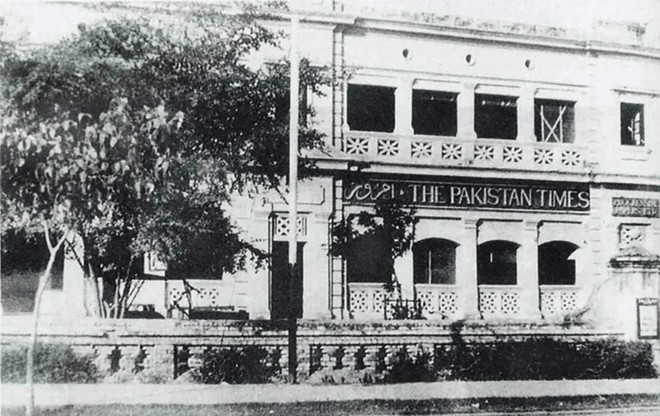
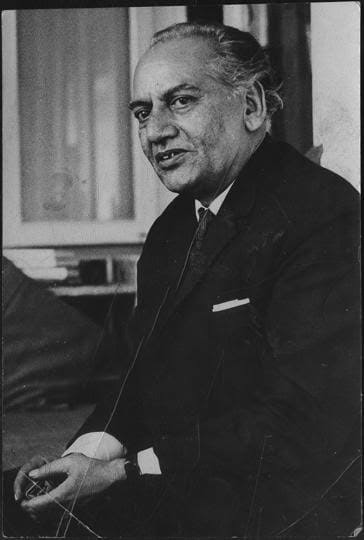
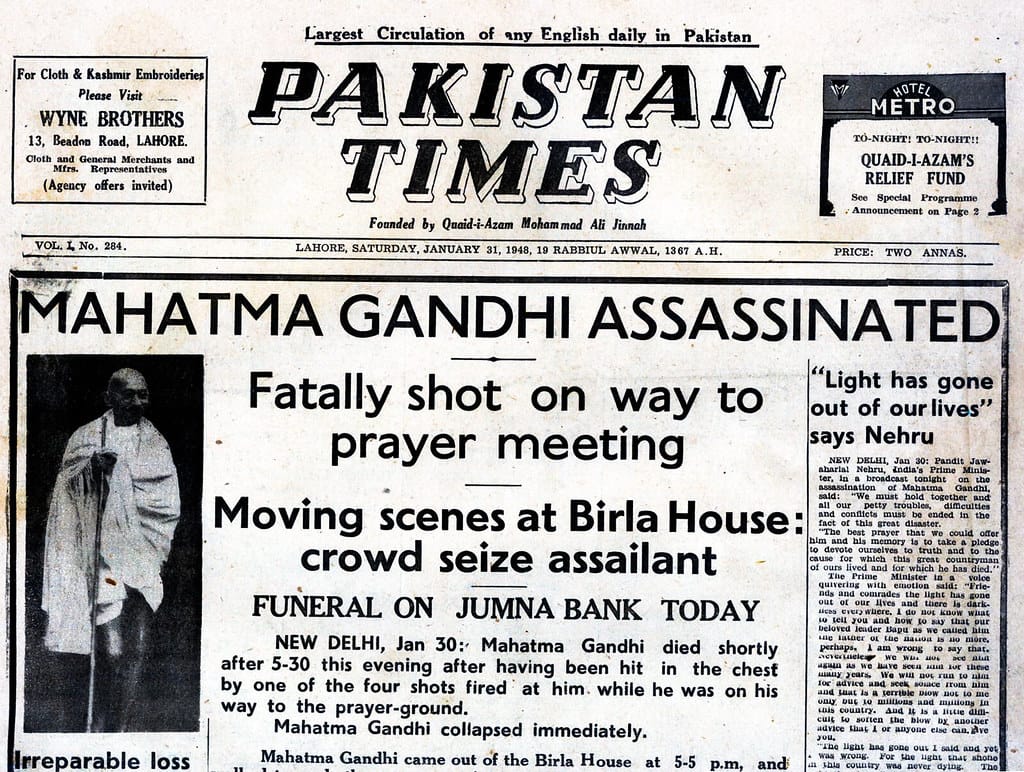
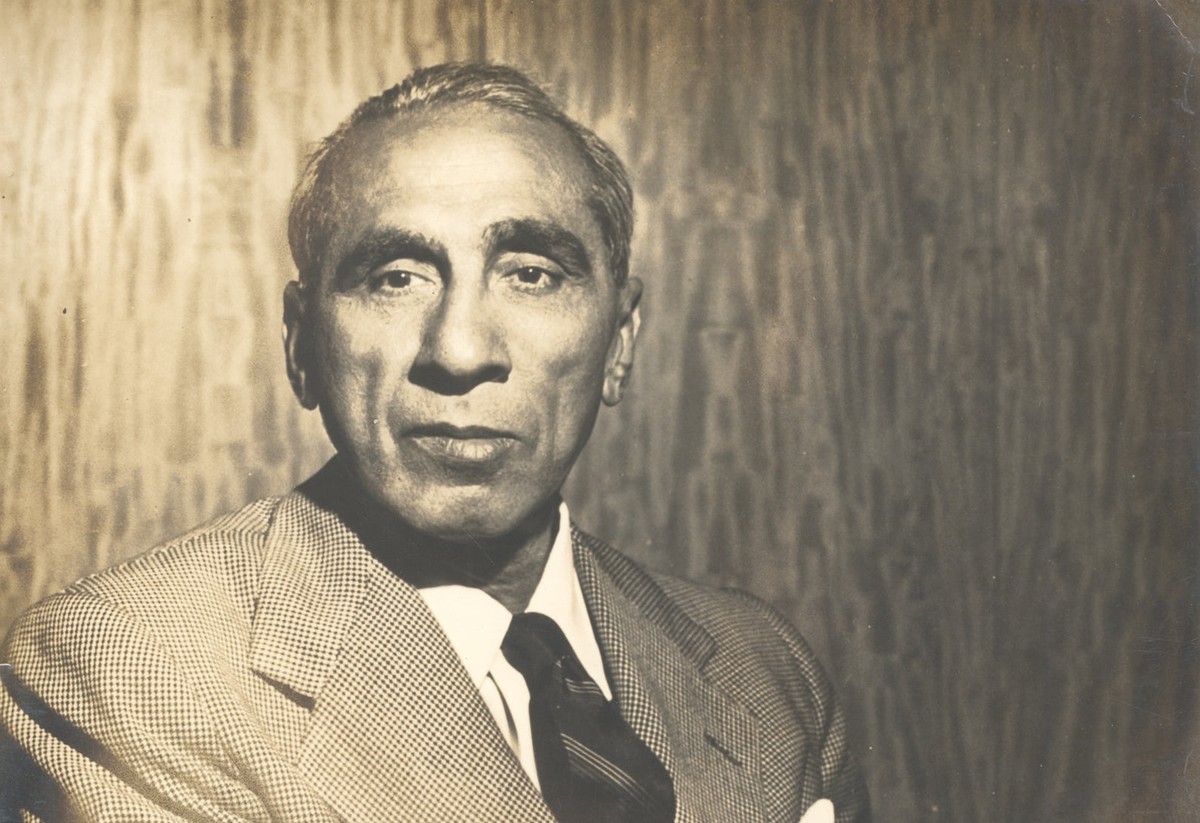
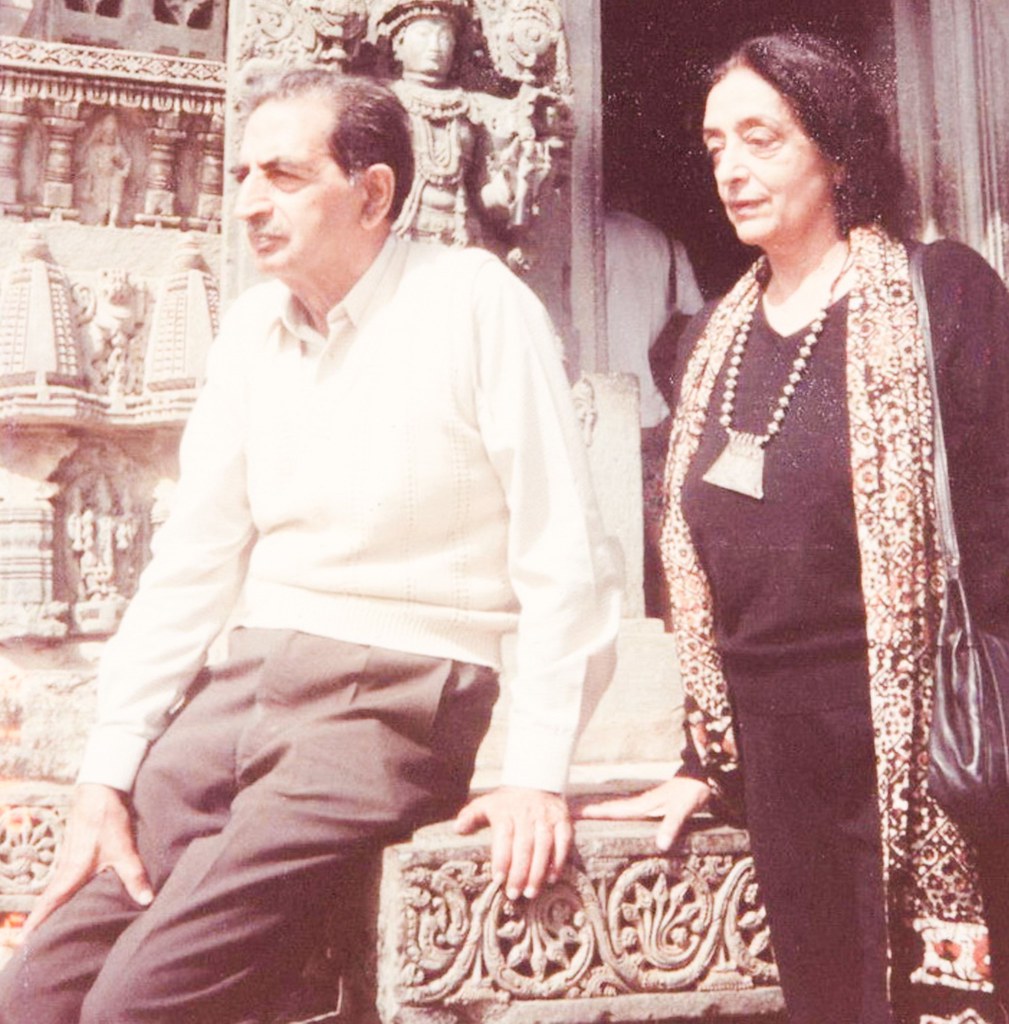
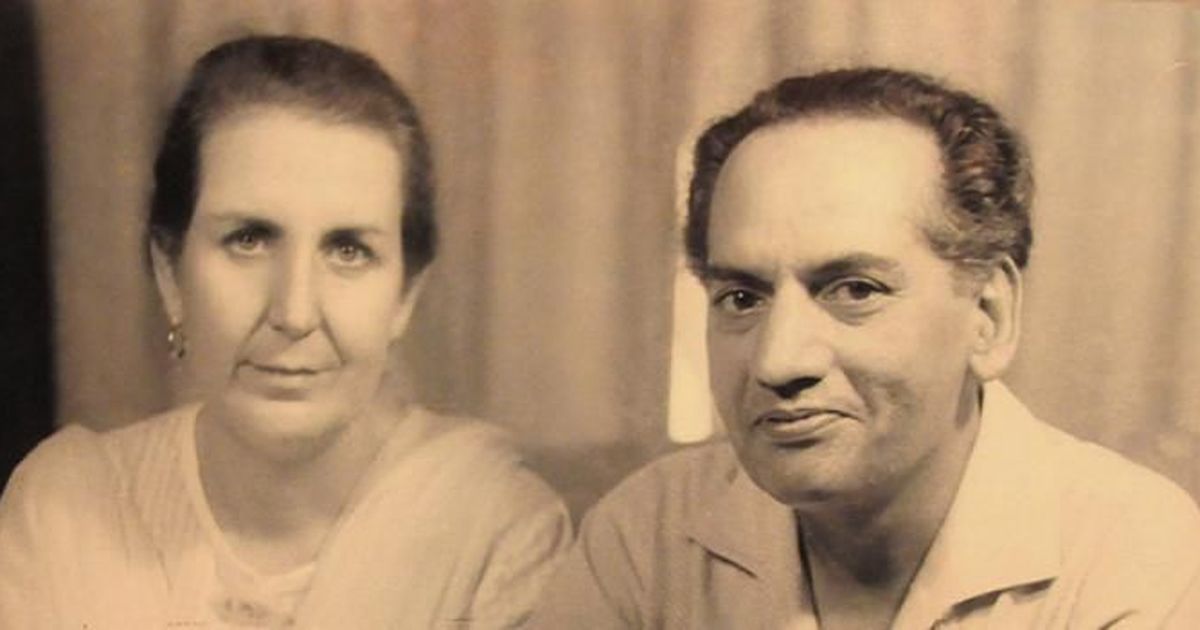
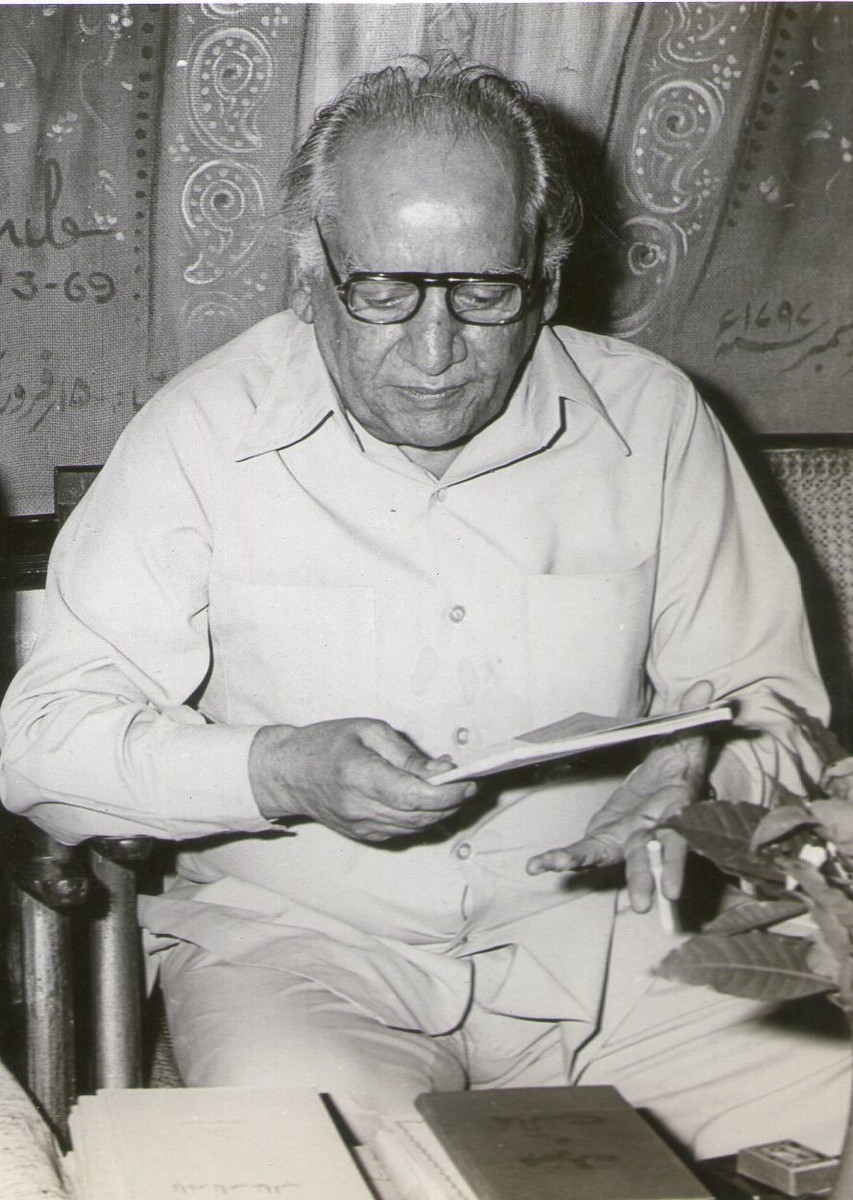

0 Comments